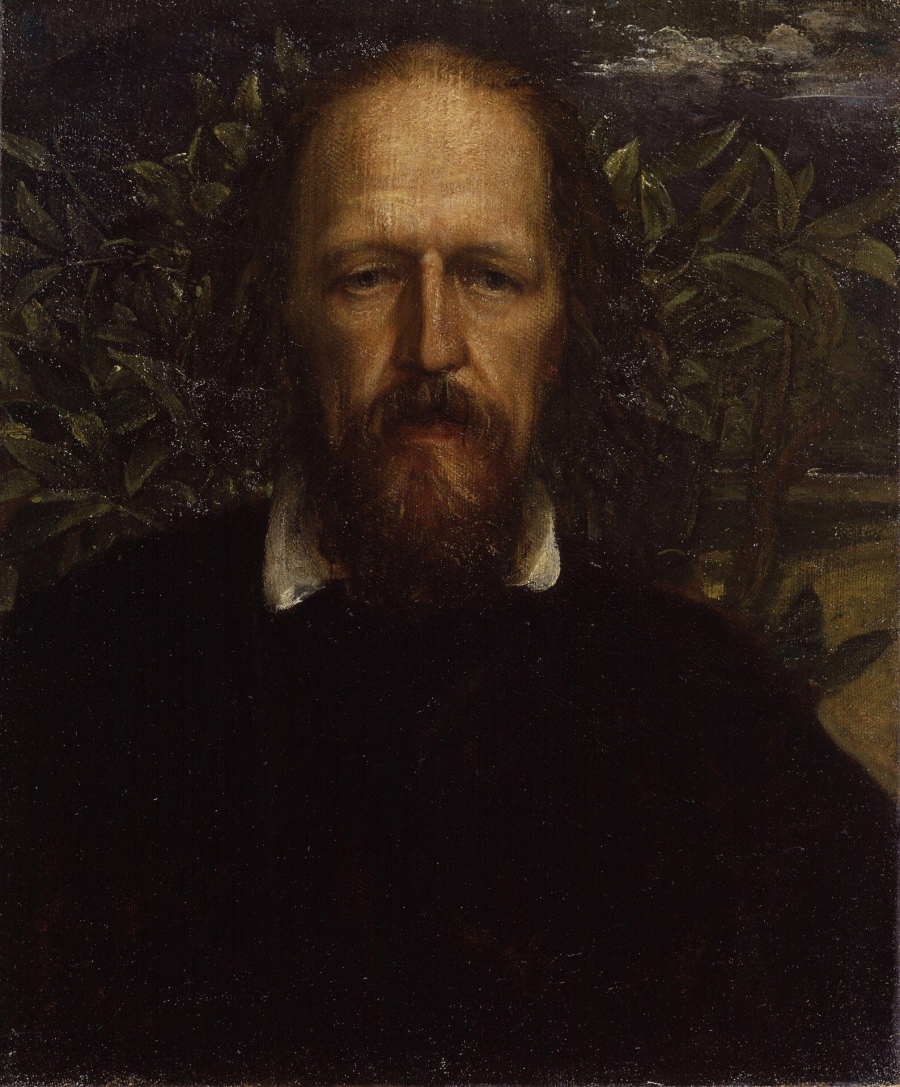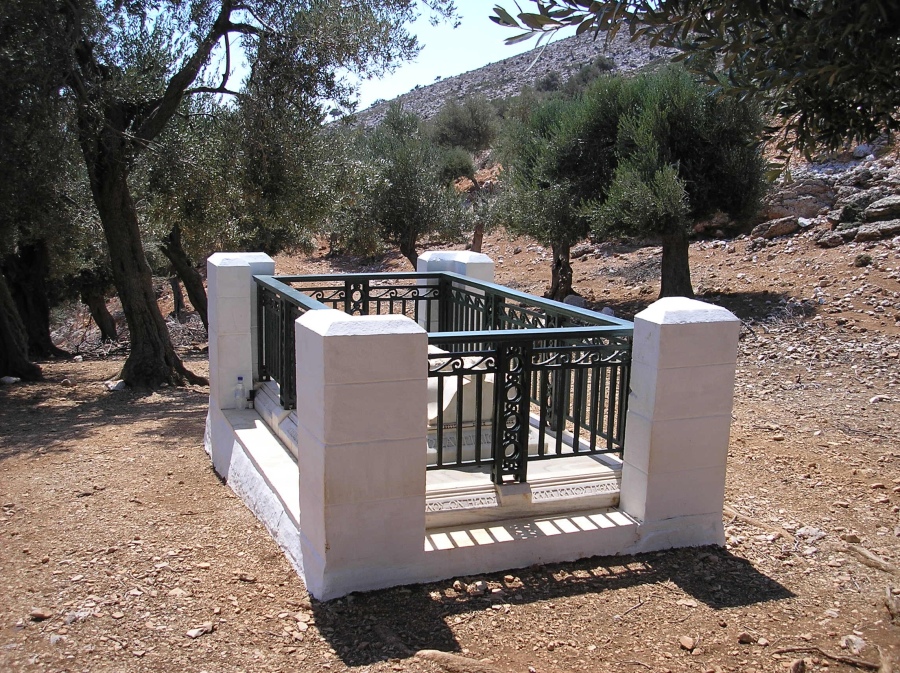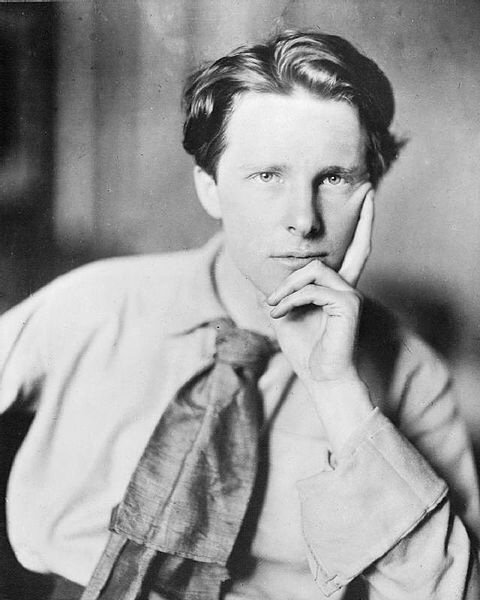On this day in history : 19th November 1850 – Alfred, Lord Tennyson becomes Poet Laureate of Great Britain and Ireland….

Tennyson succeeded William Wordsworth after his death and he remained Poet Laureate until his own death in 1892 – the longest tenure ever in the role…. He was the appointed Poet Laureate for much of the Victorian era….and indeed was a great comfort to Queen Victoria after the death of her beloved Prince Albert in 1861…. She was quoted as saying “Next to the Bible ‘In Memoriam A.H.H.’ is my comfort”…. The work by Tennyson she referred to being one of his most popular – a tribute to a dear departed friend….
Tennyson still remains one of our most influential poets today…. Many of us will not realise it but our English language is peppered with quotes and sayings from his poetry….
‘Tis better to have loved and lost, than never to have loved at all’, comes from In Memoriam A.H.H…. Other sayings that slip into our speech, either as they were originally penned by Tennyson or adapted to suit modern day life: ‘Knowledge comes, but wisdom lingers’, from Locksley Hall ~ ‘Who are wise in love, love most, say least’, from Merlin and Vivienne, a passionate love story ~ ‘A lie which is half a truth is ever the blackest of lies’ ~ ‘Nor is it wiser to weep a true occasion lost, but trim our souls, and let old bygones be’ ~ ‘If I had a flower for every time I thought of you….I could walk through my garden forever’…. (This particular one has featured in many a wedding speech)….

One of Tennyson’s most quoted and inspirational works has to be ‘The Charge of the Light Brigade‘…. It was used as an influence in the film ‘Saving Private Ryan‘ – and the Iron Maiden song ‘The Trooper‘ was inspired by it…. The poem pays tribute to the brave British cavalrymen who lost their lives at the disastrous, ill-advised charge that took place at the Battle of Balaclava on the 25th of October 1854, during the Crimean War…. The poem from which we get the well known saying ‘Their’s is not to reason why, their’s but to do or die’….

The Charge of the Light Brigade
Half a league, half a league
Half a league onward,
All in the Valley of Death
– Rode the six hundred
“Forward, the Light Brigade!
Charge for the guns!” he said,
Into the Valley of Death
– Rode the six hundred.
” Forward, the Light Brigade!”
Was there a man dismayed?
Not though the soldier knew
Someone had blundered.
Theirs not to make reply,
Theirs not to reason why,
Theirs but to do and die.
Into the Valley of Death
Rode the six hundred.
Cannon to right of them,
Cannon to left of them,
Cannon in front of them
Volleyed and thundered;
Stormed at with shot and shell,
Boldly they rode and well,
Into the jaws of Death,
Into the mouth of hell
Rode the six hundred.
Flashed all their sabres bare,
Flashed as they turned in air
Sabring the gunners there,
Charging an army, while
All the World wondered.
Plunged in the battery-smoke
Right through the line they broke;
Cossack and Russian
Reeled from the sabre stroke
Shattered and sundered.
Then they broke back, but not
Not the six hundred.
Cannon to right of them,
Cannon to left of them,
Cannon behind them
Volleyed and thundered;
Stormed at with shot and shell,
While horse and hero fell.
They that had fought so well
Came through the jaws of Death,
Back from the mouth of hell,
All that was left of them,
Left of six hundred.
When can their glory fade?
O the wild charge they made!
All the World wondered.
Honour the charge they made!
Honour the Light Brigade,
Noble six hundred!
~Lord, Alfred Tennyson















